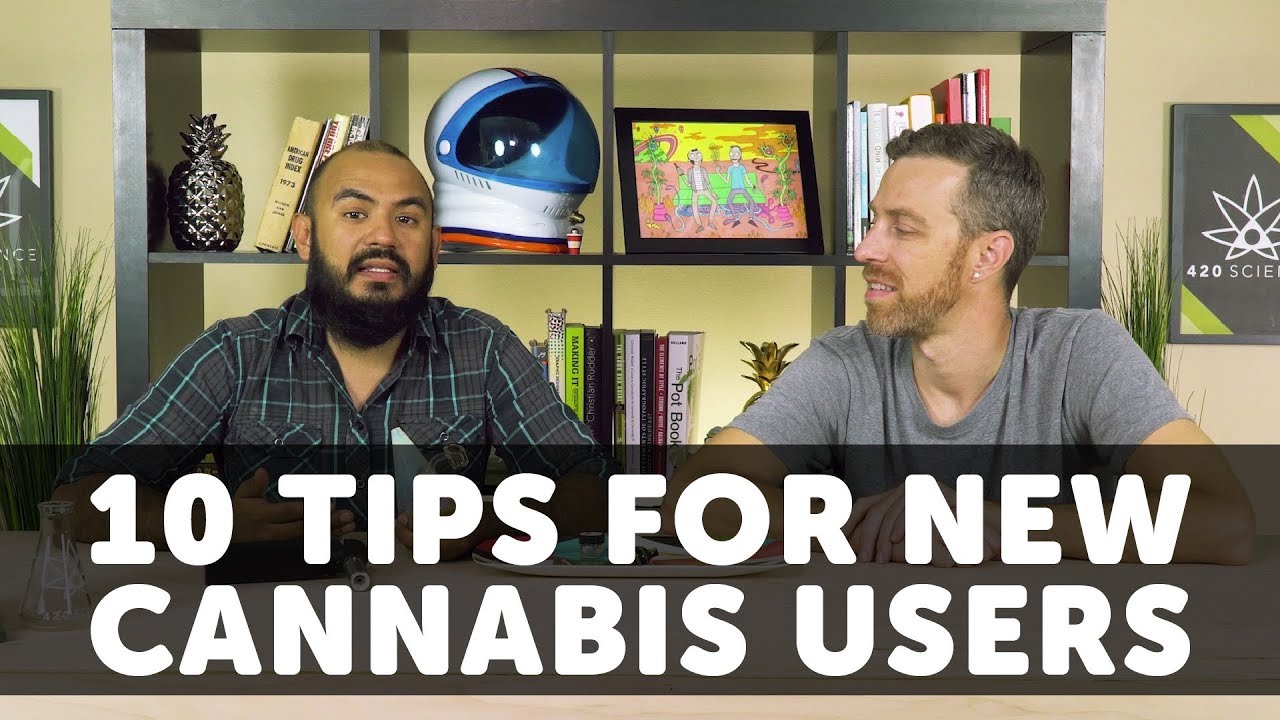In this video you will learn:
1. How to get factual information about CBD, Cannabis and its uses for lung cancer patients.
2. How to make sure what is actually contained in the CBD product you’ve purchased.
3. What’s the best way for cancer patients to consume CBD products?
Could CBD and/or cannabis help lung cancer patients? A clinical pharmacist at the Skaggs School of Pharmacy and Pharmaceutical Sciences at the University of Colorado Anschutz Medical campus talks about her work assisting neurology patients and her clinical research, including work on cannabis clinical trials.
In this episode, Dr. Jacci Bainbridge, clinical pharmacist, answers questions about symptomatology of #CBD & #cannabis, the basics about the different forms of #CBD/THC, and the importance of quality clinical trials for potential improvement in lung cancer treatments involving CBD or cannabis.
We look at the difference between CBD and THC and their applications that may help lung cancer patients, especially those confronted with small cell lung cancer (SCLC).
Using THC or CBD in Lung Cancer Research
There are several clinical trials underway that are investigating the effects of CBD or THC. For instance, one active trial is studying the effects of cannabis use on stage III-IV non-small cell lung cancer patients undergoing treatment for their cancer. Researchers are studying the effects of different types of cannabis and cannabinoids on cancer-related symptoms, quality of life, and cognition when used by patients undergoing treatment for cancer. This research may help doctors inform patient choices and future harm reduction efforts.
“Oncology is one of the first areas that clinicians actually realize that Cannabinoids could be helpful in those patients, whether we’re talking about stimulating appetite or if we’re talking about nausea and vomiting, et cetera. So I think they were really the first people or groups of practitioners that freely used Cannabis to be helpful in that medical therapy. So I’m hopeful that those clinical trials continue and really take hold and we have positive results. That would be really great.”
So with those two products, that’s where we have most of our research. We still need more research but we try and pick the disease state or symptomatology of what people are trying to alleviate. If we’re talking about pain or if we’re talking about spasticity or if we’re talking about sleep, that leads you in one direction or the other, picking a Cannabinoid to start with. And then oftentimes we’ll add in a second Cannabinoid to decrease the effect of THC.”
How could CBD potentially be used for lung cancer patients?
New studies highlight the therapeutic potential of cannabinoids, but clinical trials are lacking. Much work still needs to be done to establish that cannabis and cannabinoids can fight cancer in humans, including as an adjunct to other therapies like chemo and radiation, and to integrate their use into treatment protocols.
Dr. Bainbridge responded that “patients specifically for lung cancer, the first thing that I think of is alleviating symptomatology because we really think and we don’t think that Cannabis cures particular conditions, it alleviates symptomatology. And that’s the best we know now with the research that we have. And …, we definitely do need more research.”
Stick to your Treatment but Consider Finding a Clinical Trial
Oncologists, especially those who are not affiliated with the research institution, are treating all kinds of cancers. And so when you ask your oncologist about CBD, he or she may or may not have the latest information on it. There’ve been so many advances in the past five years that sometimes it’s hard to keep up.
So if you’re very interested in learning more about this and you are interested in potentially using CBD and you talk to your oncologist and he or she says, “I really am not up on that.” Dr. Bainbridg recommends starting with your pharmacist or practitioner and asking what they tend to use. There’s also the Natural Medicines Database.
What’s the best method to take CBD?
Consumers need to know also that the difference in how they take these products will produce different effects on the body. And it depends on how you consume the CBD product. Faster effects will be produced with inhalation methods. But, the effects won’t last as long. But if you’re taking an orally consumed product, there’s a lag time to onset and that’s problematic because people want it now and those effects will last longer than your vaporized type products or your inhalation products.
Where should I Go to Research CBD, Cannabis, and Lung Cancer?
Dr. Bainbridge recommends asking questions of:
your pharmacist
your physician
a practitioner who works in the area of natural medicines or Cannabis specifically – they would likely have access to TRC Healthcare Natural Medicines Database (subscription service).
source



